Work by Jeb Stefan and Takashi Tanaka, CDC 2019
Discussion by Ben Gravell, January 31, 2020
Keywords: Linear quadratic regulator, information, theory, regularization, matrix inequality, iterative
Summary
Researchers from UT Austin formulate a problem of jointly optimizing quadratic cost of a linear system and an information-theoretic communication cost which accommodates partial channel capacity. It is demonstrated empirically that this optimization can be solved with an iterative semidefinite program (SDP), and that the communication cost acts as a regularizer on the control gains, which in some cases promotes sparsity. This is similar to our own work on learning sparse control; we would love to see how data driven approaches could augment info-theoretic notions in the case of unknown dynamics.
Paper link is forthcoming once the CDC proceedings have been published. Author website is here.
